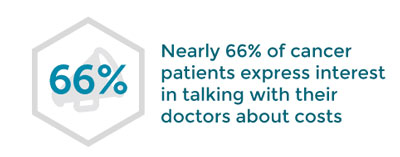Right-to-Try Bill Fails to Pass House
Legislation ushering experimental drugs and treatments to patients without U.S. Food and Drug Administration (FDA) approval hit a snag on March 13, 2018, after it failed to garner enough votes in the House of Representatives. The right-to-try bill, a priority for the Trump administration, didn’t accrue the two-thirds majority vote needed to pass it along to the Senate. Lawmakers opposed to the bill had lingering questions about the safety concerns connected to bypassing FDA regulations for patients searching for new treatments. Patient advocacy groups have been speaking out against tenets of the bill, expressing concern for removing the FDA from the process.
The right-to-try bill encapsulates a complicated issue. On its face, patients should be able to access the latest medications for their treatment. In so many cases, family members believe that unapproved drugs might save a loved one’s life. However, those medications are being used for treatments they were not designed for—or that expanded access won’t actually get the drugs into patients’ hands, because it’s usually the drug company, not the FDA, that’s limiting patient access. Politically, it’s popular to support this legislation, but ONS and many other provider and patient advocacy groups have opposed it. Although the legislation didn’t pass this week, it will be brought up again. Join your voice to the advocacy efforts to educate lawmakers about issues important to oncology nursing.
Bipartisan Bill Introduced to Help Patients Navigate Cancer Care
Two congressional leaders, Mark DeSaulnier (D-CA) and Ted Poe (R-TX), have put forward legislation to help patients with cancer fully understand their diagnoses and treatment plans. The Cancer Care Planning and Communications Act aims to strengthen communication between healthcare professionals and their patients by enabling Medicare billing for survivorship care plan development.
As survivors themselves, both lawmakers understand the barriers facing patients. With more than 1.7 million new cancer diagnoses estimated for 2018 added to the more than 14 million current cancer survivors, education and care planning are integral to the long-term support of patients with cancer. DeSaulnier and Poe’s leadership and support may help drive change for access to necessary cancer services. ONS, as part of a coalition of other patient and professional organizations, has sent their offices letters of support for the legislation.
President’s Cancer Panel Urges Action to Lower Drug Costs
One of the Trump administration’s central healthcare campaign promises focused on lower drug prices for Americans. The President’s Cancer Panel recently urged for immediate action to lower the soaring prices of drugs. The panel recommended that pharmaceutical companies be paid based on the value of treatment to patients.
The formal proclamation acknowledged what ONS has advocated for years: the need to have access to affordable cancer care. It’s another inside-the-beltway document, but public support from groups like the Cancer Panel is essential for the overall cancer community’s efforts to raise awareness. Access to quality cancer care is a central tenet of ONS’s advocacy efforts.







